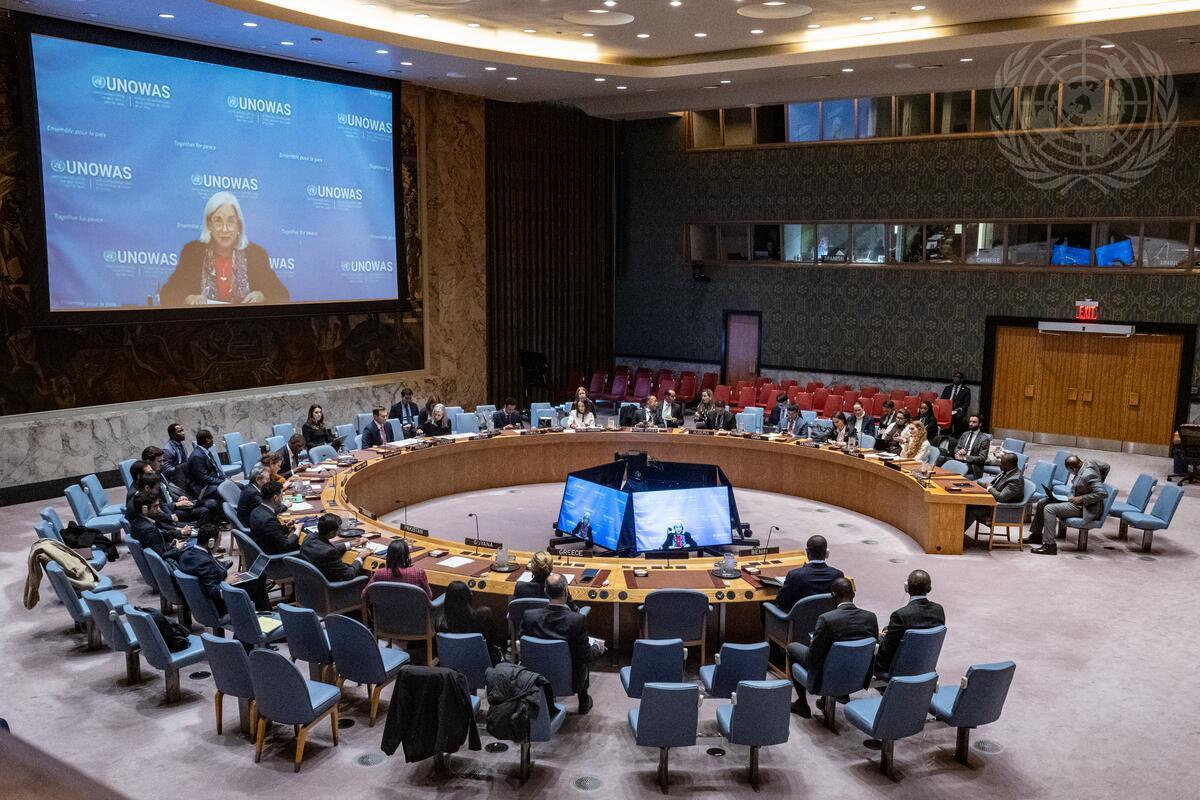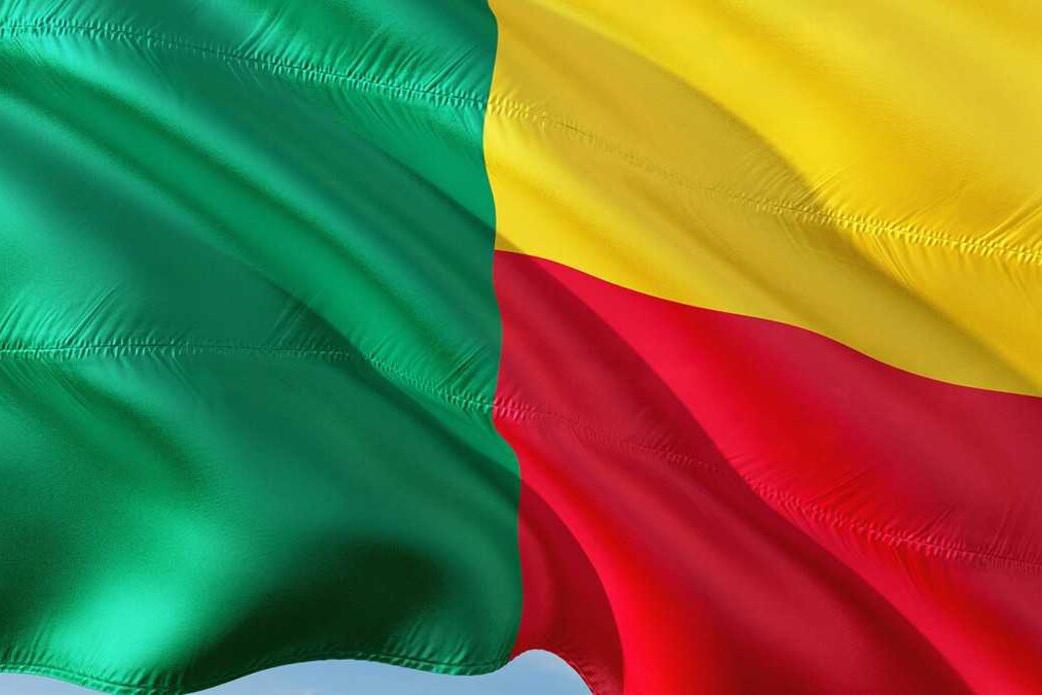Ayisha Osori is the Executive Director of the Open Society Initiative for West Africa (OSIWA). She’s is the writer of the book “Love does not win elections”. A personal experience that talks about politics and elections in Nigeria. Interview.
Your book, published in 2017, “ Love doesn’t win elections”, is a statement. What does win elections?
In the context in which the book was written i.e., about politics and elections in Nigeria, what wins elections is control over the institutions that are supposed to ensure electoral accountability namely the political parties, the judiciary, the election management body, and to a lesser extent the security agencies. This might sound familiar to others working in the democratic governance space in other west African countries.
But you wrote, that “there is no doubt that we need more people in the political space. The space is messy, but there is a little choice but to continue to engage”, do you think Nigerian citizens, particularly women and youth are involved in the political space?
A women and young people are increasingly becoming involved in the political space in Nigeria. Steady calls for affirmative action for women’s representation as well as the success of the Not to Young to Run campaign (which has been adopted globally) which saw a reduction of the minimum age eligibility requirements of some positions is evidence of this fact. One could argue however, looking at the declining number of women being voted into national and state parliament since 2007 that the results do not yet the involvement. Likewise- despite more young people contesting elections, the representation of youth in decision making, across board is still low.
More citizens – beyond those who are putting themselves forward for elective positions- need to become more active participants in local and national politics. The declining number of ballots cast (35% in the just concluded 2019 general elections) indicates that majority are disengaged which is why I call for more people to get involved, not just as candidates/aspirants but as voters, campaigners for accountability and citizens who pressure government to make good on the social contract.
Last February, Nigeria went through another presidential election. Would you say that there was an improvement in terms of participation comparing to 2015 presidential elections?
No, there isn’t an improvement in participation if one looks at voter turnout. In fact, the data on presidential elections shows a steady decline in the number of Nigerians coming out to vote, with 2019 having the lowest ever since 1999. However, some might argue that with social media, the conversations are becoming more issues based and more are sharing their views and taking an active part in campaigning for their candidates/parties – unfortunately there is no data yet to prove or disprove this.
After Nigeria and Senegal, West Africa region will be witnessing a number of presidential and parliamentary elections. What is your advice to politicians and young contestants to help strengthen their commitment to good governance and to change the “ political culture”?
As a region, we are only partly through getting a good grasp of institutionalizing democracy.
There is a trend across West Africa where we see elections holding more regularly but we are observing less democratic values and practices. This is evident in the nature of electoral reforms and laws which limit choice and participation, the way incumbents treat the opposition, the way institutions responsible for electoral accountability are compromised and even the growing trend of manipulating constitutions. The result is that these governments perception of legitimacy is weakened and the distance between the elected and the electorate is widening with citizens across the region also facing common problems such as growing poverty rates even in countries measuring steady growth.
My advice to politicians is to take note of the trends across Africa and the rest of the world – citizens are increasingly impatient to enjoy the benefits of good governance and states that are empathetic to the aspirations of the majority who are young. There must be a review of the politics of self- with an end to the colonial model of ensuring those in government are extremely comfortable to the detriment of the majority of the people.
My advise to young contestants is this: to reimagine what governance, politics and elections can be for them and their communities. The current model of politics and governance in most West African countries is not sustainable and if the young contestants can come up with ways to disrupt and replace (being ready to replace is very important because where there is disruption without a ready alternative model, chaos follows), it will be ultimately rewarding for them, their countries and the region as a whole.
More broadly, what is your view regarding the effective role of elections in consolidating democracy in West Africa?
Elections are not democracy. Holding regular elections is not democracy. Holding regular elections that are well orchestrated is not democracy. While there is a certain measure of comfort that across West Africa elections are being held regularly, the disaffection of citizens indicates that many are questioning the link between regular elections and good governance that impacts positively on their lives. A recent Afrobarometer study indicates that the majority of Africans appreciate democracy as a system but only 15% are ready to defend it and the low voter turnout that we see in some of our countries indicates a growing disenchantment with democracy.
There needs to be a link between elections and the quality of citizens lives and the quality of government services. Better choices and options at the ballot, increased ease and simplicity of being able to vote and be a voter for, decreasing violence, decreasing cost of elections (as borne by the state and by citizens) and strong soft democratic norms upheld by citizens and politicians alike are all important in consolidating democracy in West Africa. As a region, we are only partly through getting a good grasp of institutionalizing democracy.






